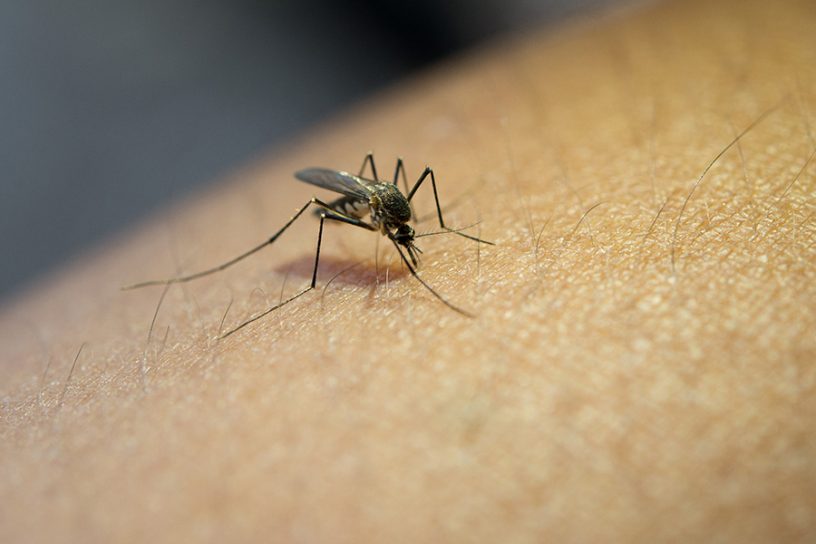
The dengue cases drastically reduced by 55–65% with the advent of COVID-19 wave in the year 2021 across the globe.
Authors
Abhiroop Chowdhury, Professor, Jindal School of Environment and Sustainability, O.P. Jindal Global University, Sonipat, Haryana, India.
Hemlata Sharma, Department of Biosciences, Manipal University Jaipur, Dehmi Kalan, Jaipur-Ajmer Expressway, Jaipur, Rajasthan, India.
Ashal Ilyas, Department of Biotechnology, Invertis University, Bareilly, India.
Nitesh Kumar Poddar, Department of Biosciences, Manipal University Jaipur, Dehmi Kalan, Jaipur-Ajmer Expressway, Jaipur, Rajasthan, India.
Anis Ahmad Chaudhary, Department of Biology, College of Science, Imam Mohammad Ibn Saud Islamic University, Riyadh, Saudi Arabia.
Sireen Abdul Rahim Shilbayeh, Department of Pharmacy Practice, College of Pharmacy, Princess Nourah bint Abdulrahman University, P.O. Box 84428, Riyadh, Saudi Arabia.
Alnada Abdalla Ibrahim, Department of Pharmacy Practice, College of Pharmacy, Princess Nourah bint Abdulrahman University, P.O. Box 84428, Riyadh, Saudi Arabia.
Shahanavaj Khan, Department of Health Sciences, Novel Global Community Educational Foundation, Hebersham, NSW, Australia; Department of Medical Lab Technology, Indian Institute of Health and Technology (IIHT), Deoband, Saharanpur, UP, India; Department of Pharmaceutics, College of Pharmacy, King Saud University, PO Box 2457, Riyadh, Saudi Arabia.
Summary
The world has been battling several vector-borne diseases since time immemorial. Socio-economic marginality, precipitation variations and human behavioral attributes play a major role in the proliferation of these diseases. Lockdown and social distancing have affected social behavioral aspects of human life and somehow impact on the spread of vector borne diseases. This article sheds light into the relationship between COVID-19 lockdown and global dengue burden with special focus on India. It also focuses on the interconnection of the COVID-19 pandemic (waves 1 and 2) and the alteration of human behavioral patterns in dengue cases.
Methods
We performed a systematic search using various resources from different platforms and websites, such as Medline; Pubmed; PAHO; WHO; CDC; ECDC; Epidemiology Unit Ministry of Health (Sri Lanka Government); NASA; NVBDCP from 2015 until 2021. We have included many factors, such as different geographical conditions (tropical climate, semitropic and arid conditions); GDP rate (developed nations, developing nations, and underdeveloped nations). We also categorized our data in order to conform to COVID-19 duration from 2019 to 2021. Data was extracted for the complete duration of 10 years (2012 to 2021) from various countries with different geographical region (arid region, semitropic/semiarid region and tropical region).
Results
There was a noticeable reduction in dengue cases in underdeveloped (70–85%), developing (50–90%), and developed nations (75%) in the years 2019 and 2021. The dengue cases drastically reduced by 55–65% with the advent of COVID-19 s wave in the year 2021 across the globe.
Conclusions
At present, we can conclude that COVID-19 and dengue show an inverse relationship. These preliminary, data-based observations should guide clinical practice until more data are made public and basis for further medical research.
Published in: BMC Public Health
To read the full article, please click here.


